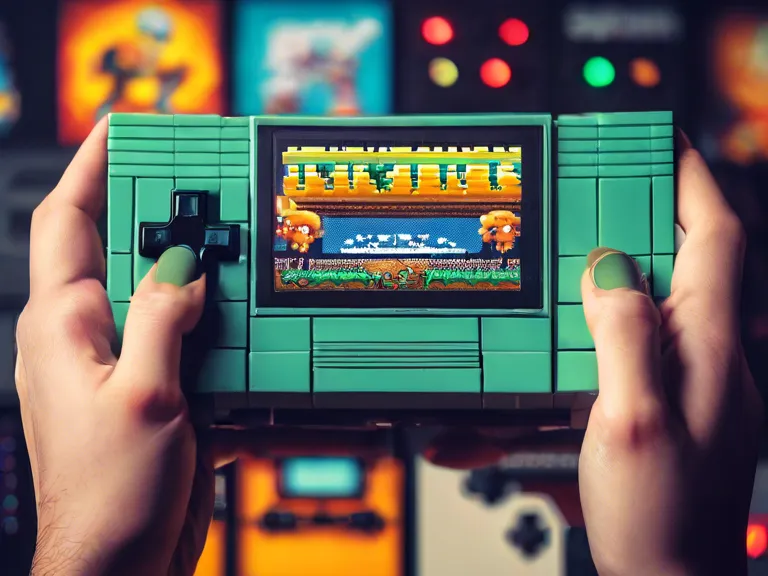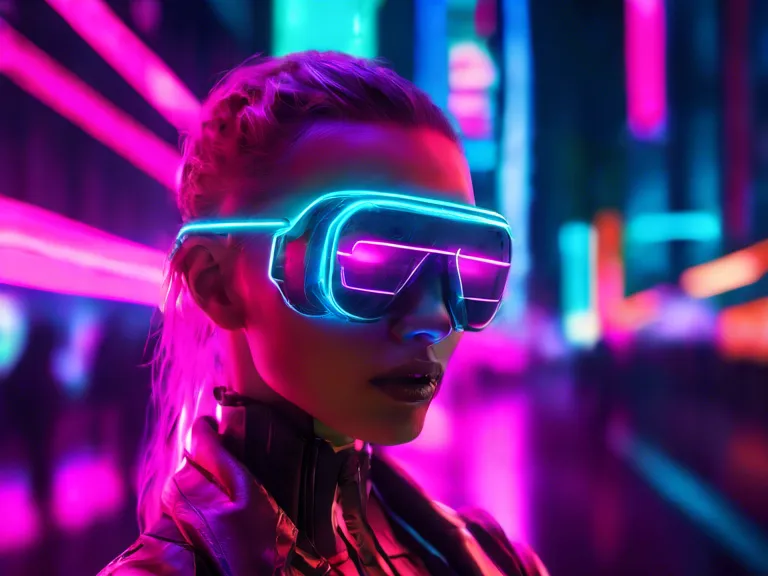
Pixelated Progress: The Role of Retro Gaming in Shaping Future Tech
In the ever-evolving world of technology, one might not think to look back at the pixelated beginnings of retro video games for inspiration. However, the impact of classic games from the 70s, 80s, and 90s on shaping future tech cannot be overlooked. From influencing design elements to fostering innovation in the gaming industry, retro gaming continues to leave its mark on the tech world.
The first major way retro gaming has influenced future tech is through design aesthetics. Many modern video games, apps, and interfaces draw inspiration from the simple, yet iconic pixel art of classics such as Pac-Man and Mario. The use of pixel art has even expanded beyond games, with companies incorporating retro design elements into their products and marketing materials. This nod to the past not only appeals to nostalgia but also showcases the timeless appeal of pixel art in today's high-tech world.
Furthermore, retro games have paved the way for innovation in virtual reality (VR) and augmented reality (AR) technology. The immersive experiences of early arcade games and home consoles laid the groundwork for the development of VR and AR headsets. By building upon the principles of classic gaming, developers have been able to push the boundaries of these emerging technologies and create new interactive experiences that blur the lines between reality and fantasy.
Additionally, the gameplay mechanics of retro games have inspired advancements in artificial intelligence (AI) and machine learning. The logic-based puzzles and strategic challenges found in games like Tetris and The Legend of Zelda have influenced the development of AI algorithms that can adapt and learn from player behavior. This technology is not only used in gaming but also in various industries, such as healthcare and finance, to optimize operations and decision-making processes.
In conclusion, retro gaming continues to play a significant role in shaping future tech. Whether it be through design aesthetics, virtual reality innovation, or advancements in artificial intelligence, the influence of classic games on modern technology is undeniable. As we look to the future, we can expect to see even more connections between retro gaming and cutting-edge tech, making pixelated progress an essential part of our digital evolution.


